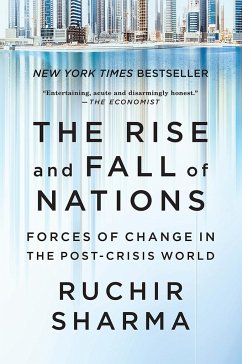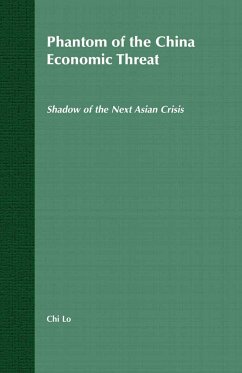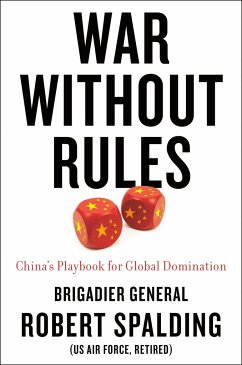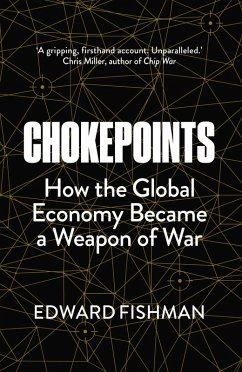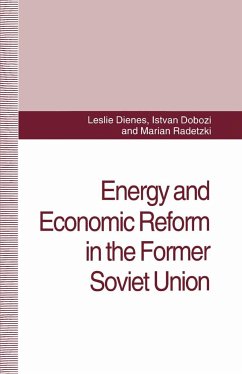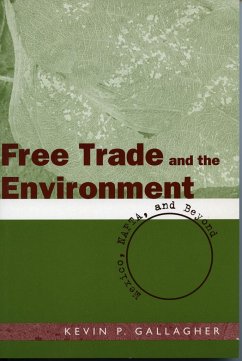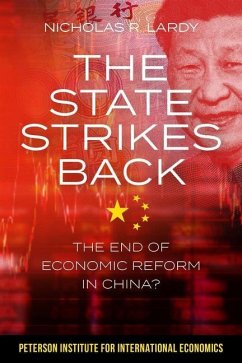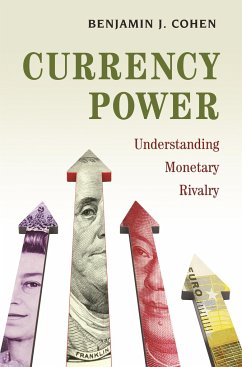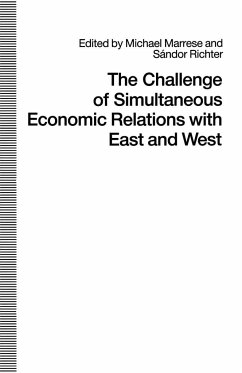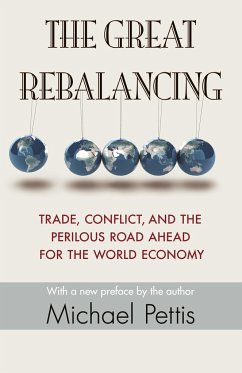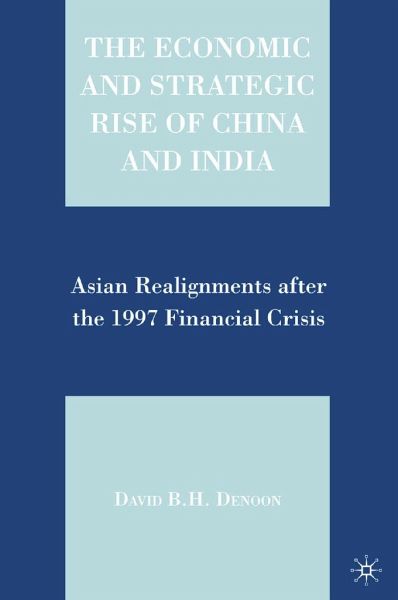
The Economic and Strategic Rise of China and India
Asian Realignments After the 1997 Financial Crisis
Versandkostenfrei!
Versandfertig in 6-10 Tagen
38,99 €
inkl. MwSt.
Weitere Ausgaben:

PAYBACK Punkte
19 °P sammeln!
This book demonstrates the connection between economic and strategic developments in Asia with several, interrelated arguments. The author asserts that there is no single explanation for the 1997 financial crisis in the Pacific Rim states, nor for the slow recovery afterwards. The author also points out that China is not the only major power rising in Asia; India is close behind, and warns that while many observers are proceeding as if current U.S. treaties will continue indefinitely, Asia is already preparing for changing patrons.





